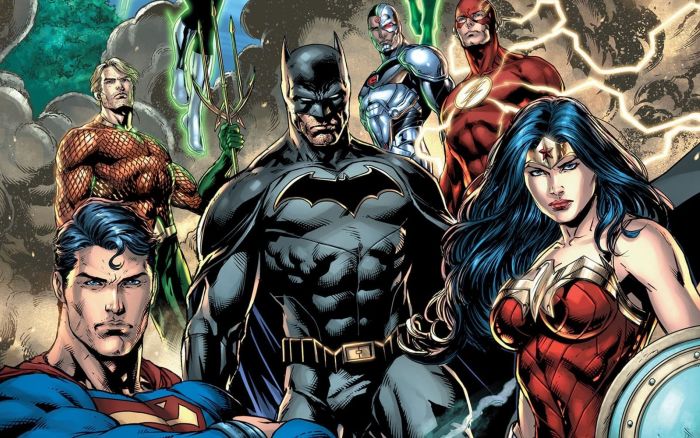Weekend Reads: Penn Jillette, Your Brain on Music, Superhero Religious Beliefs, Hollywood Science & more

In this wide-ranging interview, Penn Jillette talks about everything from magic to Donald Trump. “[I]n the past four or five years, when Teller and I have been writing, I do this thing that I never did: I try to see the audience as friends who I can level with. Consequently there’s been a huge change in my tone onstage. I used to think honesty had to be screaming and aggressive. I didn’t think honesty could be gentle.”
We live in a noise-saturated world. So what’s it like to truly listen to silence? “I knew from reading that time in this level of quiet could be disorienting for some people. I was already starting to feel slightly queasy after just a few minutes inside. If you’ve spent your whole life knowing where you are in space in part through your hearing, being without that reference point can feel weird.”

This is what happens in your brain when you hear one of your favorite songs: “In essence, when we hear a song we love, we switch back and forth between observing our external world and reflecting on our own sense of self.”
Ours is a complicated world and so we long for easy answers to explain it all, which isn’t necessarily the best approach. “Our options are not between total certainty and all-out relativism. Either one of those would be easier than the complicated reality that truth exists but we don’t always recognize it, and that we aren’t nearly as unbiased as we’d like to think. A good dose of epistemic humility goes a long way.”

The negative aspects of internet discourse existed long before Twitter. “The trappings of LiveJournal and Something Awful — the shitposting, the callout posts, and the self-made e-celebs who may or may not have created the accounts for their fans and haters — have become entrenched on modern-day social media platforms… Whatever design decisions made on these platforms since then have only served to reinforce the values that these early adopters brought to the sites.”
Facebook isn’t a social network, it’s a surveillance system. “Facebook’s primary value both to advertisers and to users is its ability to locate hard to find traits in large populations. So if you’ve got a rare disease or you want to track down people you went to high school with, or you want to find other people who will carry a tiki torch with you in Charlottesville, or you want to organize people who got to Standing Rock and protect the water from the pipeline, Facebook is a tool that will help you find these widely distributed but thinly distributed groups of people.”

This Facebook post attempts to determine the religious affiliations of various DC superheroes. “I had Superman pegged as a Methodist years before DC made it official in the 90s. Totally consistent with the character. Arminianism, free will, the Wesleyan holiness tradition within Protestant Christianity, the do-gooder. Totally Superman.”
H.P. Lovecraft was a fundamental figure in modern horror, but how do we reconcile that with his bigotry? “Perhaps Lovecraft’s own metaphors are best: Can this ancestral taint be denied, or does it warp its descendants even today? Could we destroy it, even if we wanted to? If we did, what would remain of our modern branches? Could we instead transform it? Horror excels at making thought-provoking beauty and terror out of the most vile seeds. Can we work such metamorphoses with our own foundations?”

Hollywood should never be seen as an arbiter of scientific fact, but some movies are truly unscientific, including Star Trek. “In the old ‘Star Trek’ movies, it used to bother me a lot when a character was shot with a phaser. The person was eviscerated down to their shoes but it left the ground underneath completely untouched.” Via 1440.
Here’s proof that women’s pockets are inferior. “Only 40 percent of women’s front pockets can completely fit one of the three leading smartphone brands. Less than half of women’s front pockets can fit a wallet specifically designed to fit in front pockets. And you can’t even cram an average woman’s hand beyond the knuckles into the majority of women’s front pockets.”